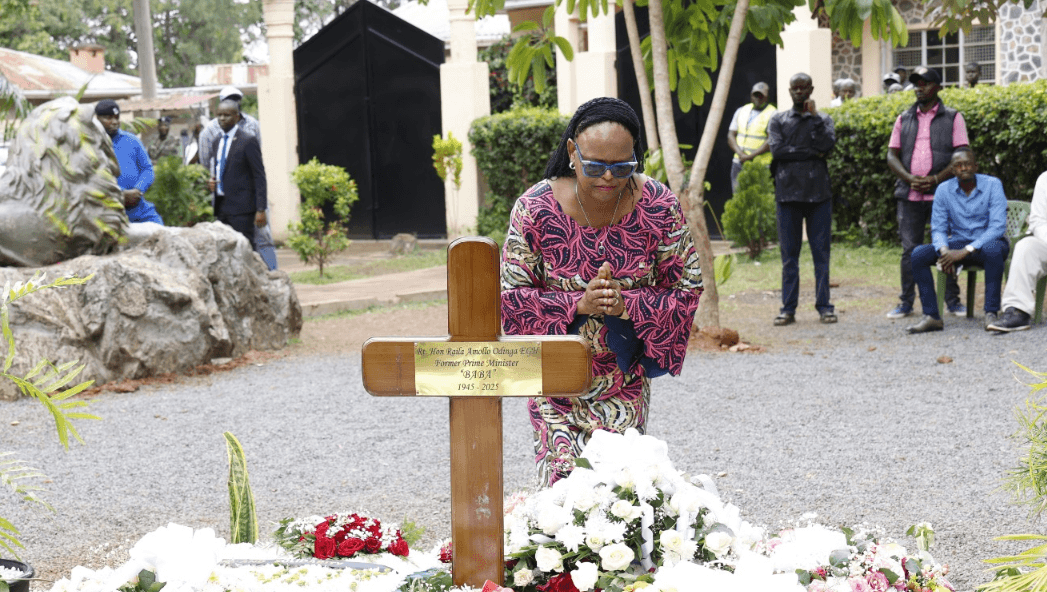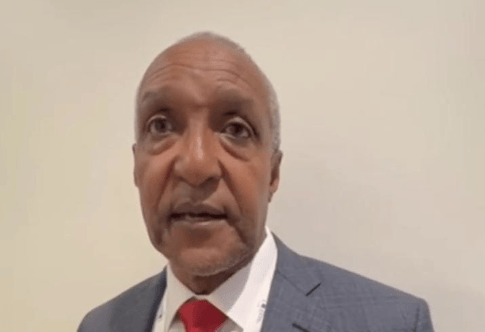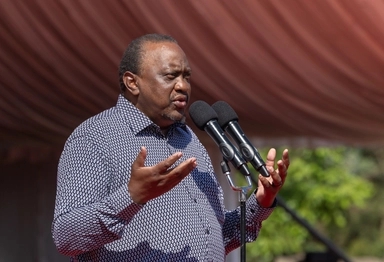A financing model known as pay-as-you-go has been developed to facilitate easier access to essential equipment for smallholder farmers in Kenya, Nigeria, Uganda and Rwanda.
The innovative pay-as-you-go system is designed to help smallholder farmers access essential equipment without the financial strain of upfront costs.
Surita Sandosham, President and CEO of Heifer International said the system enables farmers to pay for the tools they need as they use them and as their budget allows.
This approach not only eases the burden of acquiring costly machinery but also empowers farmers to boost productivity and improve their livelihoods.
“The success we have seen thus far in the Mechanisation for Africa initiative has been built on trust, effective partnerships and collaborations,” she said.
“This collaborative approach ensures that every aspect of the initiative is informed by local insights and tailored to each country’s context,” Sandosham added.
The approach is developed by Hello Tractor and aligns with Heifer International’s approach to promote sustainable, community-driven solutions.
She explained that the aim of the initiative is to improve agricultural productivity, create jobs, and enhance the livelihoods of smallholder farmers.
This is through the introduction of modern technologies and practices, and innovative financing models while caring for the earth.
According to the Food and Agriculture Organisation of the United Nations (FAO), smallholder farmers are the backbone of Africa’s food systems, contributing up to 80 per cent of food production in Sub-Saharan Africa.
The Mechanisation for Africa Initiative is currently being scaled across Nigeria, Kenya, Uganda, and now Rwanda, with discussions ongoing with governments of other countries.
“As Heifer International expands and scales the initiative in Rwanda and beyond, the organization’s approach remains to engage closely with smallholder farmers while working collaboratively with governments to co-design and support national agricultural strategies,” Sandosham said.
In Rwanda, the initiative is being rolled out in collaboration with the Government of Rwanda through the Ministry of Agriculture and Animal Resources and in partnership with Heifer’s implementing partner, Hello Tractor.
This significant milestone is poised to transform agricultural practices for smallholder farmers in the country as it builds on successful implementations in Nigeria, Kenya, and Uganda, underscoring Heifer International’s dedication to community-driven development across Africa.
The Rwanda expansion is customized to meet local needs while harnessing the broader insights of the continent-wide program.
“As part of the Rwanda launch, a first batch of fifteen tractors will be delivered to farmers’ representatives under a flexible pay-as-you-earn model, allowing farmers to repay the cost of the tractor over a five-year period.
"Additionally, a dedicated hub will be established in Kayonza District to provide maintenance and support services for tractor owners,” she said.
This public-private partnership exemplifies the power of innovation and collaboration, aiming to enhance the livelihoods of smallholder farmers in Rwanda by integrating mechanization services through an innovative financing model.
“By introducing mechanisation tailored to local needs, we seek to partner with governments to reduce the burdens of manual labour—particularly for women and the elderly—while boosting productivity for farmers, job creation for young people, and food security in the country,” Sandosham said.











![[PHOTOS] 30 missing as rescue continues in Elgeyo Marakwet mudslide](/_next/image?url=https%3A%2F%2Fcdn.radioafrica.digital%2Fimage%2F2025%2F11%2F75a26195-578e-4133-b047-a2dce6b05d69.jpg&w=3840&q=100)
